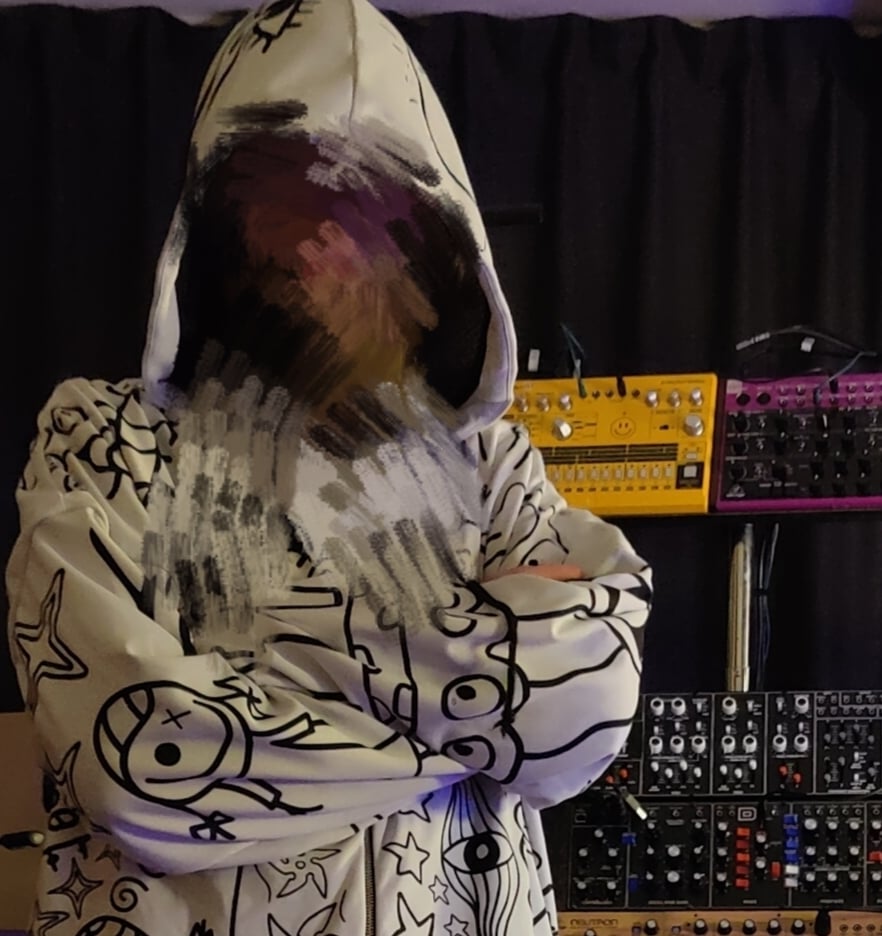Nobody:
Me: The “pter” in pterodactyl is the same as the one in helicopter.
What we have here is a dactyl that pters and a helico that also pters.
I name them, Pterhelico and Dactylopter.
I didn’t know that that p was silent. Unless its not and its a word play like when Douglas Adams compares the flying abilities of ships to those of bricks?
The ships hung in the sky in much the same way that bricks don’t
Funny thing, pterodactyl is based on the two Greek words for wing/feather and finger.
Wing/feather:ftero, finger:dactylo
So the p should have been an f
The p is definitely meant to be silent
Well, at least in english
Its like trying to explain to a Frenchman that they pronounce croissants wrong…
I can totally see how it may have started as fftterodacto and over the years the f sound got less and less noticeable! It’s my theory/headcannon now at least lol
What actually happened is that these roots were borrowed from Ancient Greek by paleontologists to form the word “pterodactyl”, not modern Greek.
In Ancient Greek, they would have pronounced both the “p” and the “t”, but “pt” isn’t a possible beginning of a word for English speakers, and so borrowed words that start with “pt-” (and “mn-” and a few others) have the first sound deleted as a repair mechanism to allow English speakers to pronounce them.
In modern Greek, “pt” consonant clusters that used to be pronounced as-is have undergone dissimilation - both “p” and “t” are stop consonants, so the “p” has instead become an “f” (which is a fricative, not a stop), to make the cluster easier to pronounce.
Thank you, I love you. I really appreciate the little linguistics lesson! So fascinating how cultures change ‘source material’ and why.
This guy fricatives.
Pterodactyl isn’t a dinosaur, though.
Removed by mod
Damn, you beat me to it.
One might say they’re actually dead
The p isn’t silent; English phonology just doesn’t like the /pt/ sound. Likewise with the p in psychology. Or the p in pfizer.
If your p isn’t silent try hitting the back of the toilet instead of the water ❤️
Hope this helps
It makes a shower of piss all around the toilet that way
Like Psmith if you’re a Wodehouse reader.
pterodactyls arent dinosaurs…
Pluteroptcracy







